Postgraduate programme
A flexible, industry-relevant programme designed for future professionals.
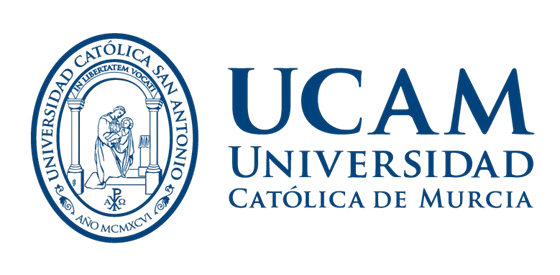



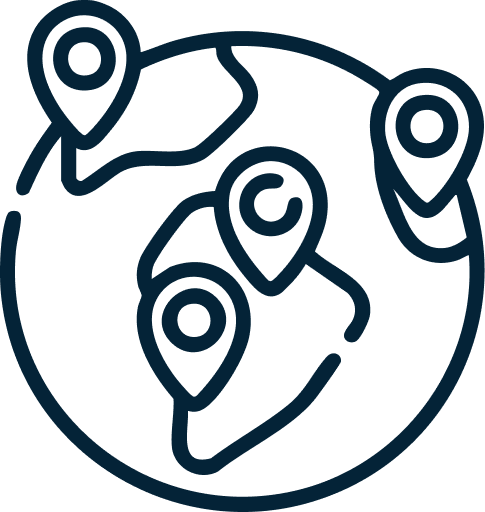
PROGRAMME OVERVIEW
The MBA programme in Agile Supply Chain Management at Magna Carta College, offered in collaboration with UCAM (Catholic University of San Antonio of Murcia), provides a foundation in contemporary supply chain strategies and practices. This programme equips students with essential skills for managing agile and resilient supply chains, focusing on strategic decision-making to enhance efficiency and adaptability.
Students will explore key areas such as demand forecasting, inventory management, risk mitigation, and logistics optimization, with an emphasis on technology and data analytics. The programme’s strength lies in its focus on real-time problem-solving and evidence-based strategies to tackle supply chain complexities in today’s fast-paced, global market.
With a global perspective, the curriculum prepares students to develop competitive and sustainable supply chains that can respond effectively to market changes. The programme is designed to develop leadership and strategic agility, preparing graduates to make effective decisions in the evolving field of supply chain management.

WHY THIS COURSE

Flexible distributed learning that allows you to study anytime, anywhere, at your own pace.

Designed for professionals who want to progress academically and professionally without pausing their careers.

WES approved qualification supporting international academic progression and career mobility.

Develop strategic thinking, leadership, and business expertise to accelerate your professional career.

Multiple enrolment opportunities available throughout the academic year.

No written exams with all assessments completed through assignments and a dissertation project.
ENTRY REQUIREMENTS
Academic Requirement
PROGRAMME MODULES
The MBA in Agile Supply Chain Management programme is designed to equip students with advanced knowledge of modern, flexible, and technology-driven supply chain practices. The degree is worth a total of 90 ECTS (credit hours). Each module carries specific ECTS and is categorised as either Compulsory (CO) or Optional (OP). Compulsory modules ensure that students gain essential expertise in core supply chain and management concepts, while optional modules provide the opportunity to specialise further and align learning with individual career paths and professional aspirations.
This module provides an in-depth exploration of financial markets, focusing on essential concepts in global finance. Students will analyze money flow, corporate investments, and tax implications, examining key areas like investment decision-making, risk and return, and the valuation of bonds and equities. Emphasis is placed on finance in international firms, including foreign exchange risk and financial statement analysis. The course also covers asset valuation, including intangibles and financial obligations. By the end, students will gain critical skills in cash flow analysis, equipping them to navigate financial markets effectively.
Objective of this Module:
This module provides an in-depth overview of international marketing, equipping students with core concepts and strategies for global competition. Key areas include the marketing mix, segmentation, targeting, and positioning, with a focus on branding through the Customer-Based Brand Equity (CBBE) model. Emphasis is placed on marketing strategy, adaptability, and innovation. The module also covers advertising, strategic communication within the Integrated Marketing Communications (IMC) framework, and consumer research to analyze behavior and trends. Students will develop skills in creating international brand communication strategies tailored to diverse cultural contexts, with attention to marketing ethics.
Objective of this Module:
This module offers a thorough exploration of strategic management, covering core elements like unique activities, strategic positioning, and sustainable trade-offs. It addresses market positioning, competitive advantage through unique resources, and value chains across industries. The curriculum includes corporate strategy, focusing on resource allocation and control, as well as the international dimension, comparing strategies of multinational and national firms. Topics also include cooperative strategies, organizational learning as a competitive edge, and the influence of culture on strategy. The role of leadership in shaping and implementing strategy is emphasized throughout.
Objective of this Module:
This module explores the impact of structure and HRM on corporate success, emphasizing organizational design and the interconnection between individuals, the organization, and the environment. Key topics include labor market dynamics, recruitment, job design, and selection methods, with a focus on competency frameworks and psychometric testing. Strategic HR development is covered through training, performance management, and succession planning. The module also examines employee participation, relations, and reward systems, highlighting the influence of national cultures on HRM practices and the transfer of HR principles across borders.
Objective of this Module:
This module provides an overview of the research process, starting with formulating research questions and writing effective proposals. Students will conduct a thorough literature review and explore both qualitative and quantitative research methodologies. Key topics include data collection, analysis techniques, and structuring research logically. Content analysis will be introduced as a method for interpreting textual data. Additionally, students will learn the thesis writing process, acquiring the skills necessary to conduct and present high-quality research.
Objective of this Module:
– Understand the Agility in the Business and supply chain systems.
– Understand the standard shift from anticipation to agile models.
– Understand the application of SCOR model to implement, monitor and improve supply chain decisions and agility.
– Evaluate functional drivers of the agile supply chain in a global competitive context.
– Analyse Concerted Planning, Forecasting and Replenishment (CPFR) techniques to enhance agile supply chain decisions in an organisation.
– Understand how strategic supply chain management can help corporate business strategy formulation and implementation.
– Understand and apply supply chain design tools and techniques
– Understand and apply techniques for achieving effective strategic supply chain management, as well as methods for measuring, improving, and optimising supply chain performance.
– Understand and apply the concept of commercial global strategy in organisation
– Examine the financial and regulatory implications for the global supply chain.
– Understand and integrate sustainable supply chain management practices into global commercial strategies to enhance environmental, social, and economic outcomes.
– Understand and apply the Triple Bottom Line (TBL) framework, focusing on the balance of People, Planet, and Profit to assess and implement sustainable supply chain strategies.
Students will be required to undertake their dissertation on a relevant topic, as agreed by the Programme Director/Dissertation Coordinator and student. It emphasizes the development of research questions, methodology, and critical analysis skills. Students will engage in literature reviews, data collection, and analysis, culminating in the production of a comprehensive dissertation. This module will contribute to enhancing students’ ability to conduct autonomous research and provide novel insights into their area of research.
Objective of this Module:
Graduates may progress into roles such as:
TAKEAWAYS
ALUMNI
Graduates of MCC are a diverse and accomplished community of professionals who remain connected through shared experiences, achievements, and ongoing engagement.
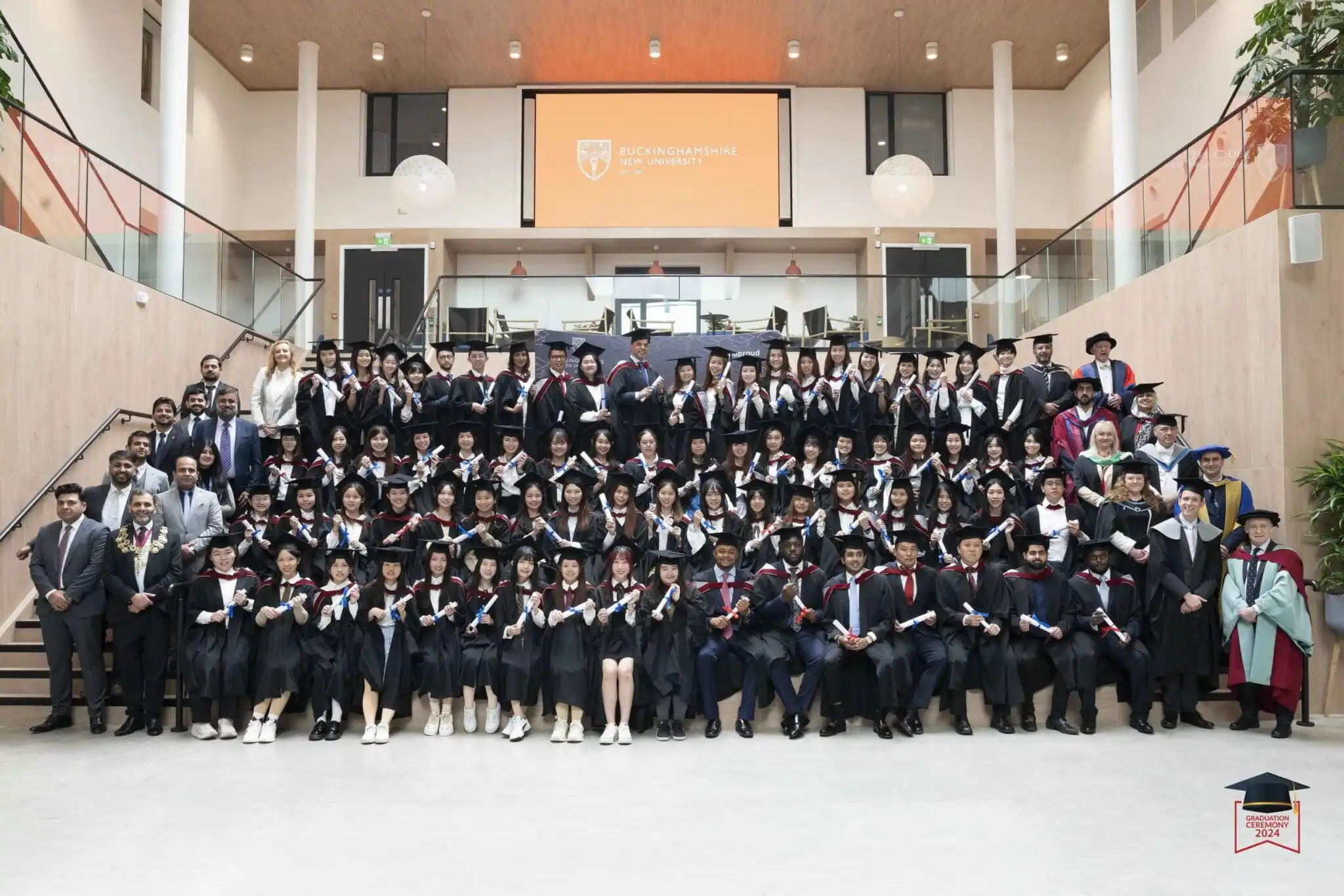
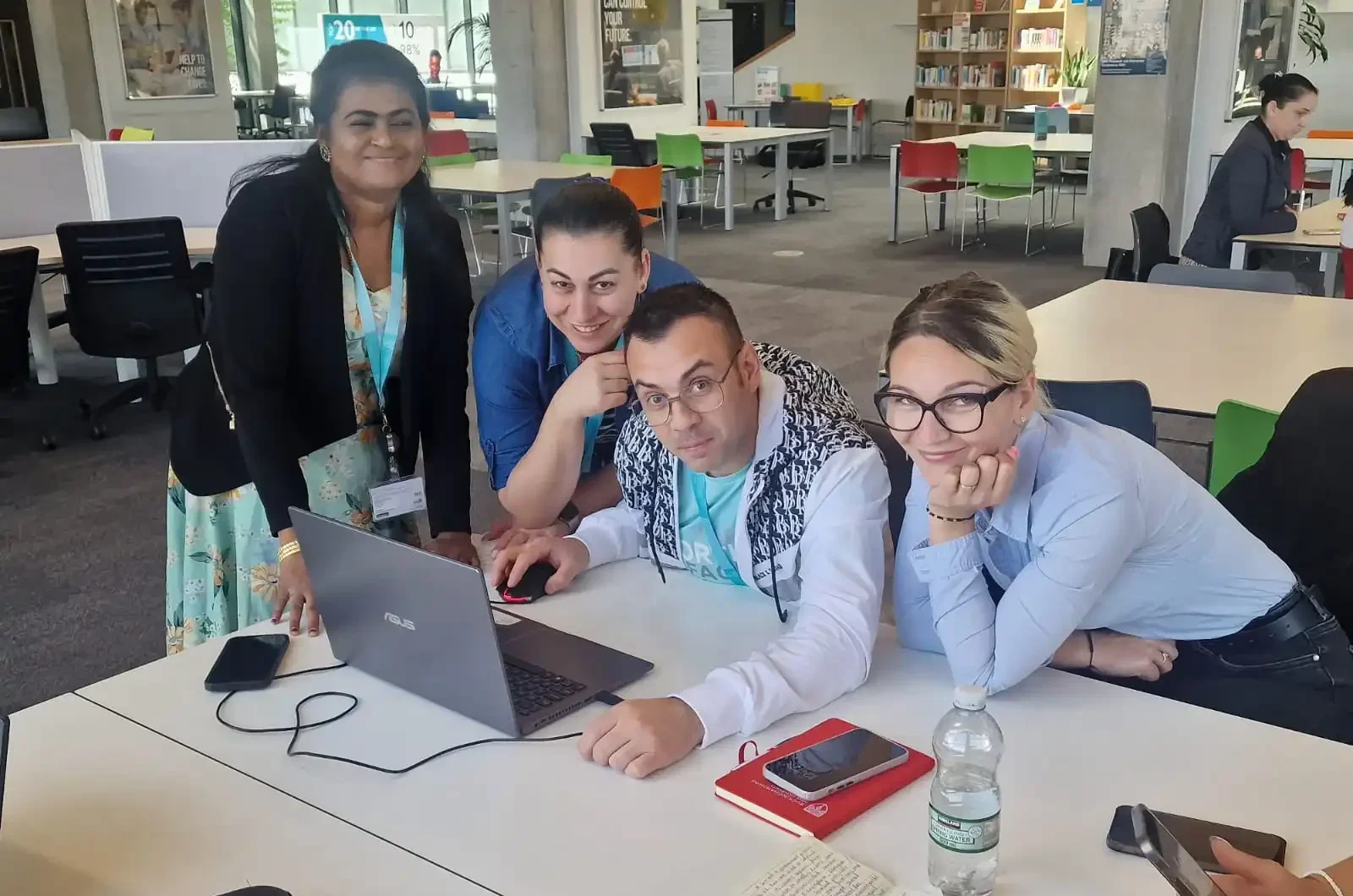

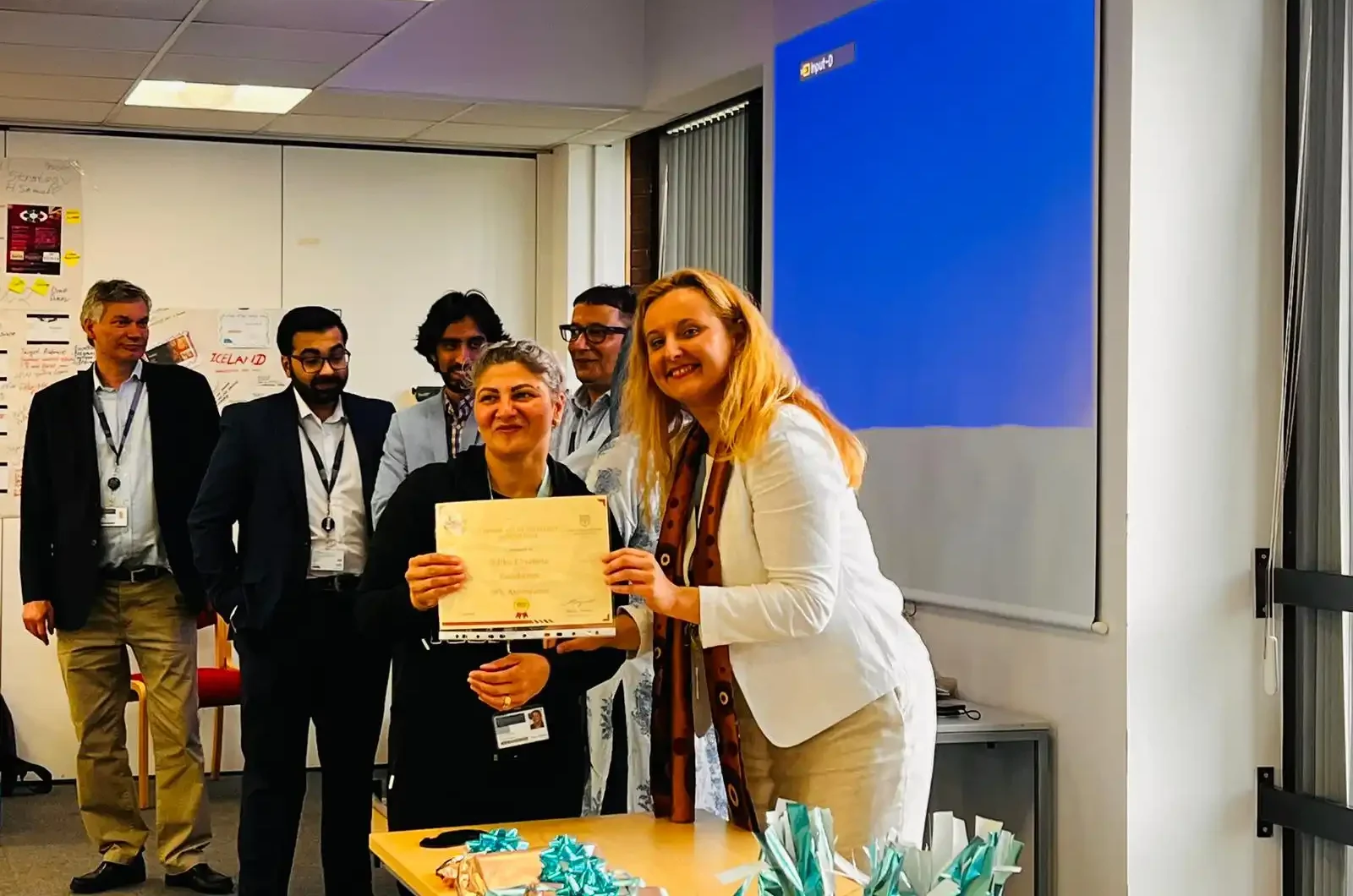
STUDENT SUPPORT
From academic help and wellbeing services to comprehensive financial support, we’re here to help you succeed before, during, and after graduation.
This course is ideal for aspiring managers, professionals in leadership positions, and individuals seeking to advance their careers in business management.
The course is delivered 100% online, allowing you the flexibility to study at your own pace from anywhere while accessing all materials and support through an interactive virtual learning platform.
This course helps you develop advanced strategic management and leadership skills. You will learn strategic planning, effective decision-making, leadership approaches, organizational change, and performance management. It also builds your financial awareness, risk management, and analytical skills required for senior management and leadership roles.
It usually takes 12 months to complete the course.
Upon successful completion, you will receive an MBA Degree.
APPLY NOW
Have questions or need personalised guidance? Schedule a free consultation today and get all the information you need to take the next step in your career!
WhatsApp us